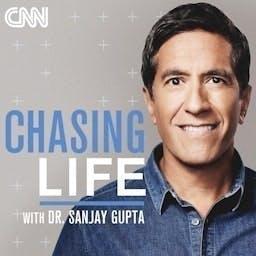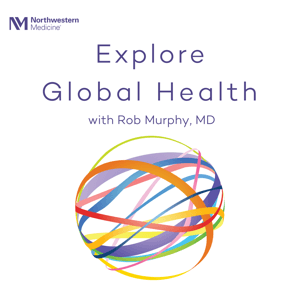
Sign up to save your podcasts
Or



By Northwestern University Feinberg School of Medicine





4.9
2424 ratings



The podcast currently has 167 episodes available.










The podcast currently has 167 episodes available.

91,103 Listeners

21,968 Listeners

43,542 Listeners

90 Listeners

6,440 Listeners

113,129 Listeners

5 Listeners

56,865 Listeners

1 Listeners

10,335 Listeners

33 Listeners

3,046 Listeners

8,216 Listeners

29,297 Listeners

1,596 Listeners

4,315 Listeners

7 Listeners

613 Listeners

12,983 Listeners